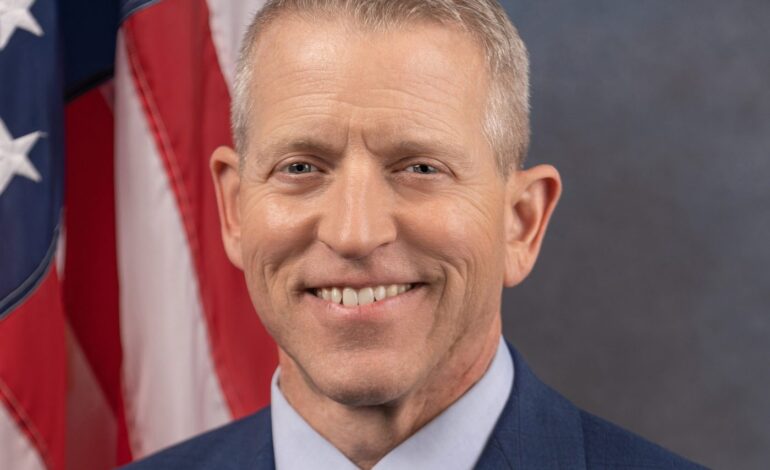Florida Leads Education Reform as School Year Begins

As the new school year begins, Florida is reaffirming its commitment to educational reform and safety. Parents across the state are preparing their children for the first day of school, engaging in activities such as shopping for supplies and discussing new teachers and classmates. This year, the Florida Legislature continues its focus on school safety, a priority heightened since the tragic Parkland shooting.
In recent years, Florida has implemented comprehensive safety legislation, positioning the state as a model for best practices in school security. State officials emphasize the need for ongoing innovations in technology and common-sense measures to ensure a safe learning environment. Parents seek reassurance that their children will learn in safe surroundings while receiving a quality education.
Education in Florida has evolved significantly, with ongoing efforts to address foundational skills in reading and mathematics. Despite progress, concerns remain regarding the number of students not achieving grade-level proficiency by third grade, a critical benchmark for future academic success. To combat this issue, former Speaker of the Florida House, Paul Renner, played a crucial role in establishing funding for extra tutoring in reading and math. The state has shifted towards a phonics-based approach to reading, replacing outdated methodologies that have not yielded positive results.
Beyond academics, education is viewed as instrumental in shaping character and instilling values. Classical education methods aim to help students explore what is true, good, and beautiful, guiding them toward their full potential. Renner, the son of a public school teacher and a pastor, believes education should not only facilitate career opportunities but also cultivate strong character among students.
Florida has achieved recognition for its universal school choice scholarship, the largest program of its kind in the United States. This initiative empowers families to select educational environments that align with their values, regardless of income or geographic location. The result has been a notable increase in the growth of homeschooling, microschools, and private institutions. The competitive landscape has also spurred improvements within public schools, driving them to enhance their offerings.
Funding for charter schools remains a cornerstone of Florida’s educational strategy, ensuring they receive the financial support necessary for success. The state has allocated over $1 billion to increase teacher salaries, demonstrating a commitment to attracting and retaining quality educators. This investment is part of a broader initiative to enhance parental rights in education, ensuring that families have the information and authority necessary to make decisions regarding their children’s education and well-being.
As the school year commences, Renner calls on all stakeholders to reflect on the importance of these policies and investments in education. He emphasizes that education should provide a solid foundation in essential subjects while fostering critical thinking skills that will serve students throughout their lives.
Florida’s leadership in education reform stands out nationally, with a willingness to challenge conventional approaches to secure better outcomes for students. As the state continues to prioritize educational advancements, the commitment to strengthening schools, supporting teachers, and empowering parents remains steadfast. This collective effort embodies what Renner refers to as “The Florida Way,” a pledge to ensure that every child has the opportunity to succeed in an evolving educational landscape.






